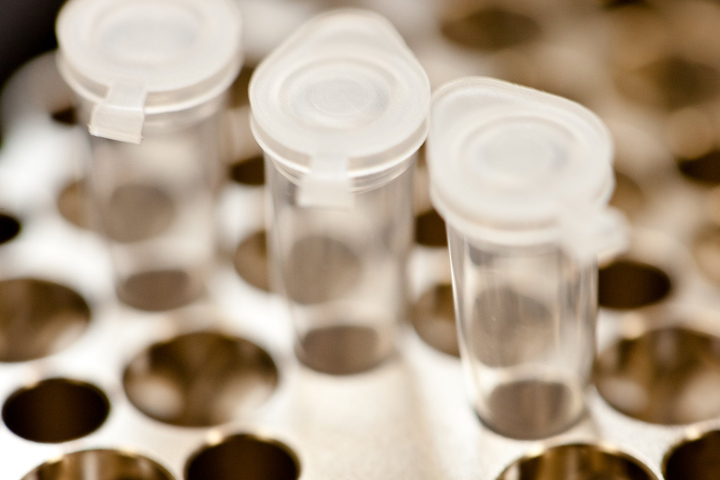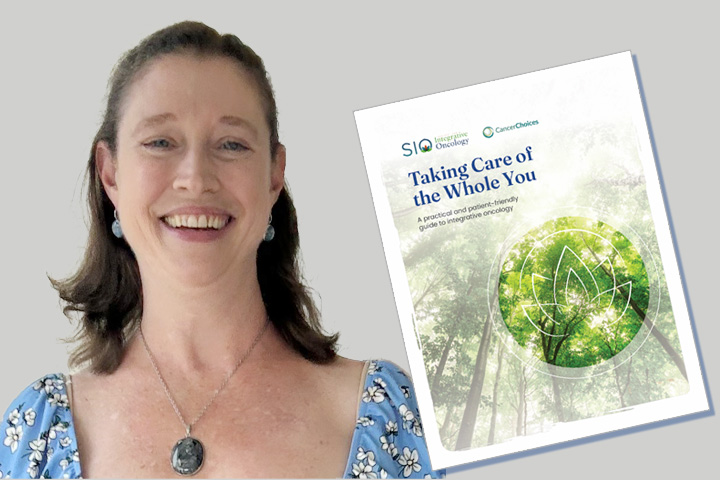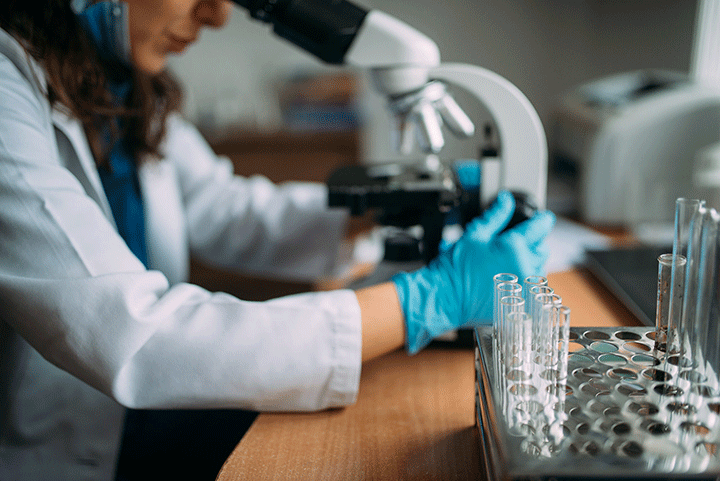Testing a Drug that Works Only in the Tumor Microenvironment

Can a new type of combination drug be safe and effective against solid tumor cancers, including pancreatic cancer?
Scientists are trying a new type of combination that gets activated only in the unique conditions of the tumor microenvironment (TME). The TME is the tissue, the cells and vascular system surrounding a tumor. Tumors are highly interconnected with their TME, which acts as a source of nutrients and protection from the immune system. Conditions within the TME are unique and very different from the environments around healthy and/or normal tissues. Thus, scientists are creating drugs that work only in the conditions of the TME, to kill just cancer cells.
This clinical trial is for patients with solid tumors, including non-small cell lung cancer, pancreatic cancer, and melanoma.
What is BA3011?
BA3011 is a conditionally active biologic (CAB) AXL-targeted antibody-drug conjugate (ADC), referred together as CAB-AXL-ADC. Conditionally active biologics are proteins such as enzymes or antibodies with functionalities that depend on the environment they are in. In BA3011, the CAB is an antibody that targets the AXL receptor tyrosine kinase and the ADC is a drug with toxic effects. AXL receptors are abundant on cancer cells, but they are present also on normal cells. Leveraging the unique characteristics of the TME, scientists have engineered the AXL antibody so that it binds only on AXL receptors of cancer cells and the conjugated anti-tumor drug is released only within the tumor. This method provides specificity to kill tumor cells and reduces the damage to healthy cells.
In This Trial
This is a two-phase trial for patients with solid tumors, including pancreatic cancer that has spread beyond the pancreas. All participants will receive the drug being tested in the trial. Phase I looks for safety—participants are given increasing doses of the drug to find the largest tolerated dose that does not cause unacceptable or overly-toxic side effects. To participate in phase I of this trial, participants must have had standard treatment that was not effective or have not had treatment. In phase II researchers are looking at whether the drug is effective against the cancer.
We encourage you to consult your physicians for clinical trials that may be right for you. The website ClinicalTrials.gov provides more details about this trial as well as many others. You can visit the Let’s Win Trial Finder for a listing of all active pancreatic cancer clinical trials.
Ask the Doctor

If you are in long-term treatment or have completed treatment, you may have concerns about what is next. Here are some questions to ask your doctor.





